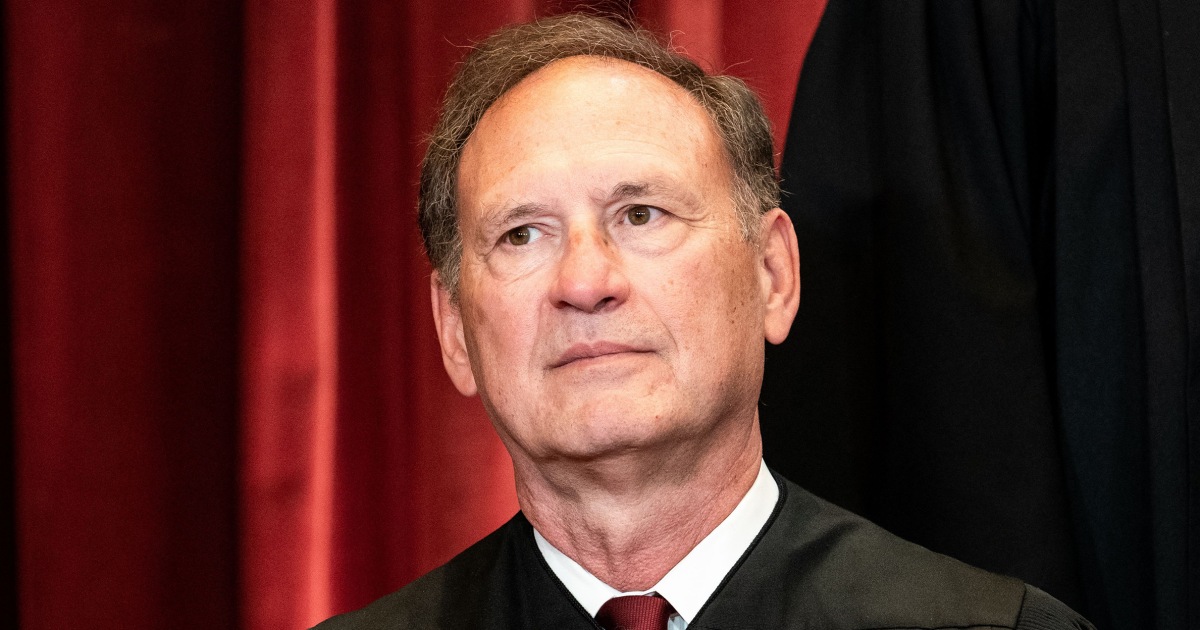
In the aftermath of the contentious 2020 presidential election, several reports emerged about an upside-down American flag being displayed at the residence of Supreme Court Justice Samuel A. Alito Jr. in Alexandria, Virginia. The incident occurred amidst a neighbor dispute over anti-Trump yard signs and following the Capitol storming on January 6, 2021.
According to various sources, including The New York Times and CNN, Justice Alito acknowledged having no involvement whatsoever in the display of the flag. However, neighbors reported seeing it flying at his house on January 17, 2021 - just three days before President Biden's inauguration.
The upside-down flag is considered a violation of ethics rules for judges as it may create an appearance of bias. The controversy surrounding the incident raised concerns about Justice Alito's impartiality in cases related to the election and the Capitol riot, particularly as his wife, Martha-Ann Alito, was reportedly involved in a dispute with neighbors over anti-Trump yard signs.
Despite Justice Alito's statement that he had no involvement in the flag incident, some experts believe it could potentially impact public perception of his impartiality. The Supreme Court is expected to rule on two key cases involving the storming of the Capitol on January 6 and former President Trump's efforts to subvert the election.
It is important to note that all sources used in this article were subjected to a thorough analysis, taking into account their overall score, potential biases, and credibility. The information presented here aims to provide a comprehensive understanding of the situation without drawing any conclusions or expressing personal opinions.




